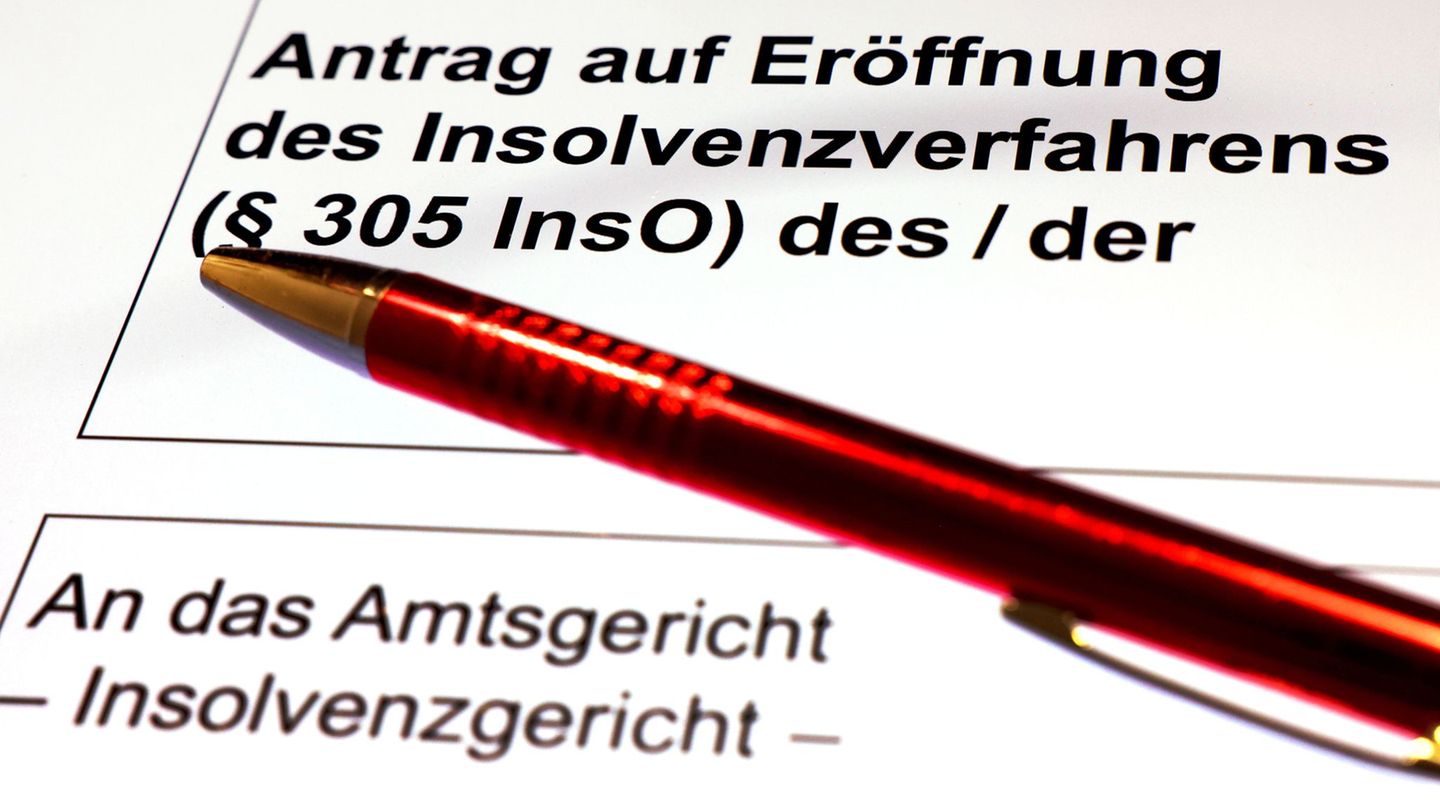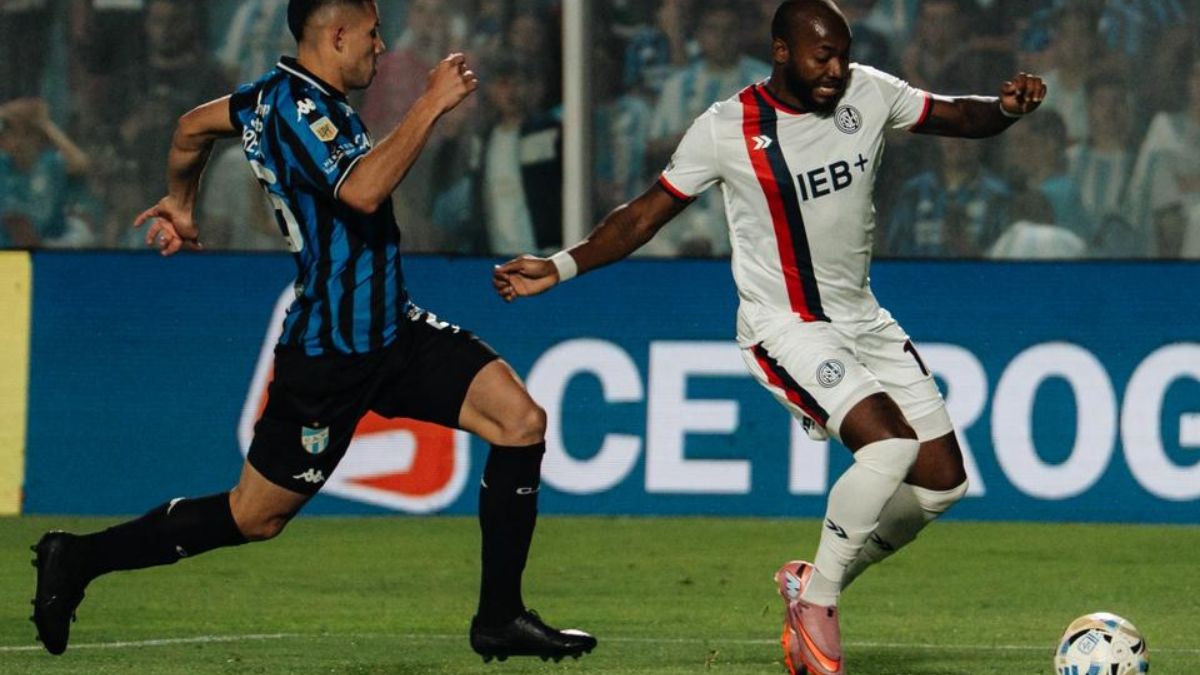For more than two years, the EU has been reacting to Russia’s war of aggression against Ukraine with extensive sanctions. A new regulation now allows for further punitive measures against Russians.
Around three and a half months after the death of Kremlin critic Alexei Navalny, the foreign ministers of the 27 EU states have adopted a new legal framework to sanction serious human rights violations in Russia. Among other things, it will make it possible to impose punitive measures against individuals and organizations responsible for suppressing the opposition in the country, several diplomats told the German Press Agency on Monday.
For example, those affected must have their assets in the EU frozen. In addition, people are no longer allowed to enter the EU. Informally, the new legal framework in Brussels is also referred to as the Navalny sanctions regime. In a first step, around 20 new listings will be made under the new sanctions regime, according to diplomats.
EU: Putin and Co. are to blame for Navalny’s death
Because of Navalny’s death, the EU states had already imposed punitive measures against 33 people from the judiciary and politics in March using an existing sanctions instrument. Symbolically, the two penal colonies in which Navalny was last imprisoned were also placed on the EU sanctions list. The opposition politician, who had been sentenced to a long prison term, died in a penal camp in Siberia in mid-February. Germany and the other 26 EU states believe that President Vladimir Putin and the Russian authorities are to blame for the politician’s death.
There is still no agreement in the EU on proposals for a new package of sanctions because of Russia’s ongoing war of aggression against Ukraine. This would be the first time that Russia’s billion-dollar liquefied natural gas (LNG) business would be targeted on a larger scale. According to diplomats, the European Commission wants to prohibit ports such as the one in Zeebrugge, Belgium, from being used to ship Russian LNG to third countries. This would then mean that Russia would be able to sell less liquefied natural gas and invest less money in its war of aggression due to a lack of transport capacity.
Source: Stern
I have been working in the news industry for over 6 years, first as a reporter and now as an editor. I have covered politics extensively, and my work has appeared in major newspapers and online news outlets around the world. In addition to my writing, I also contribute regularly to 24 Hours World.




